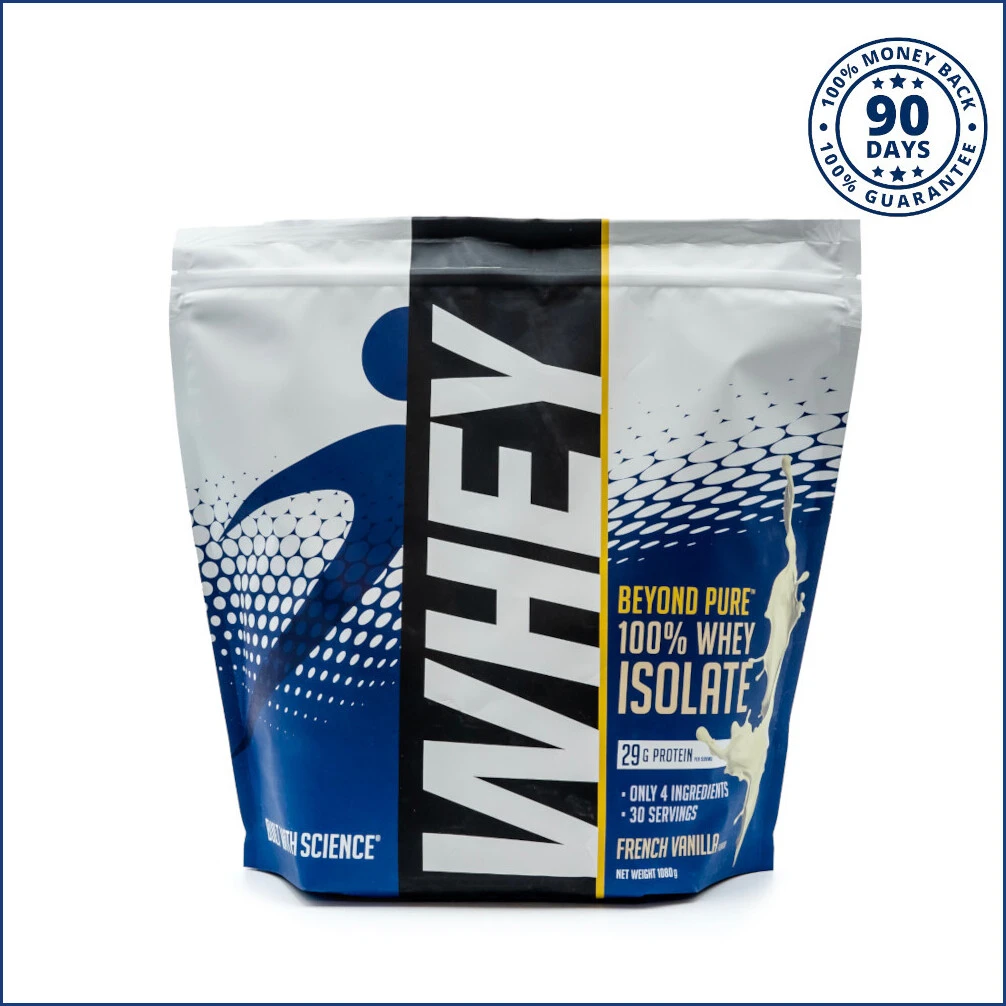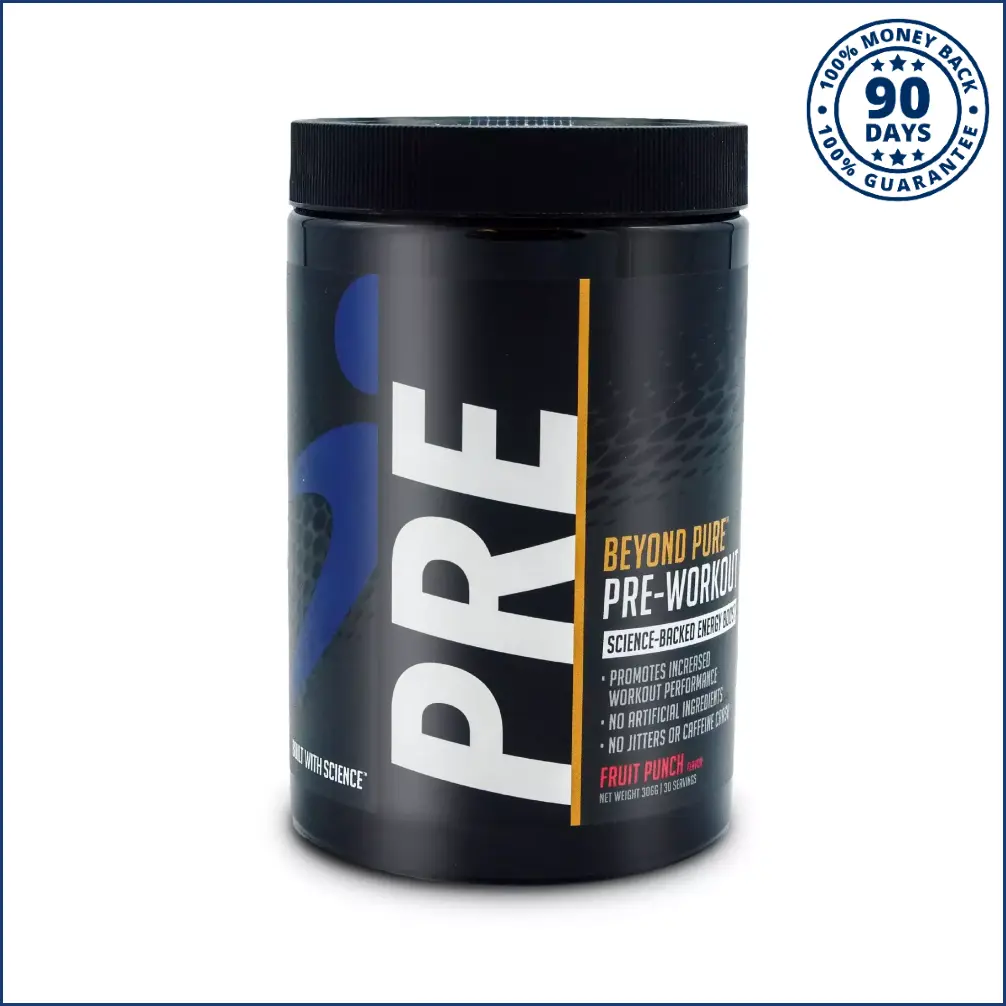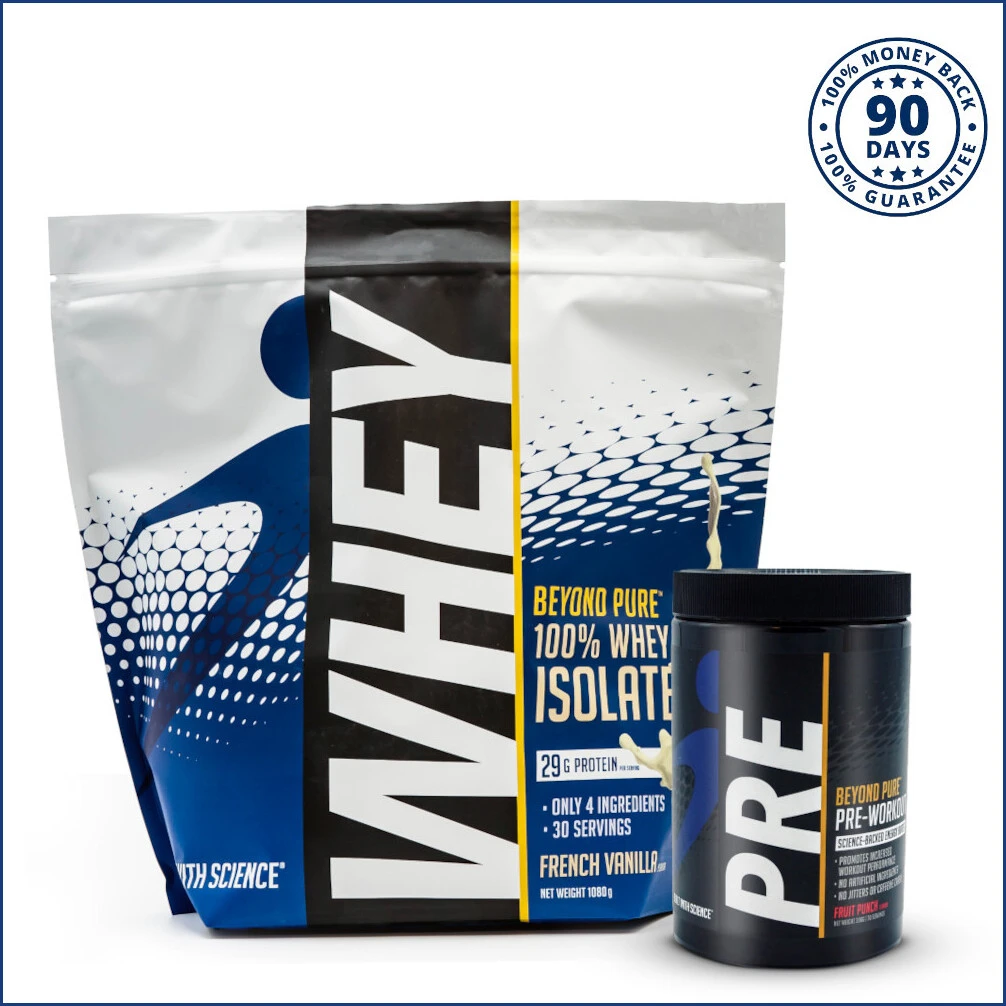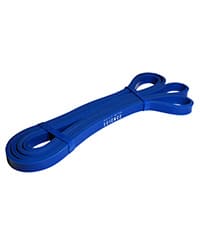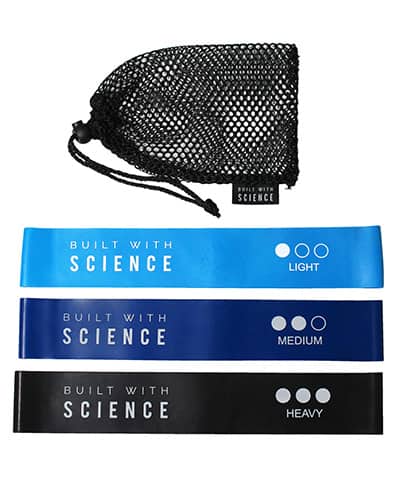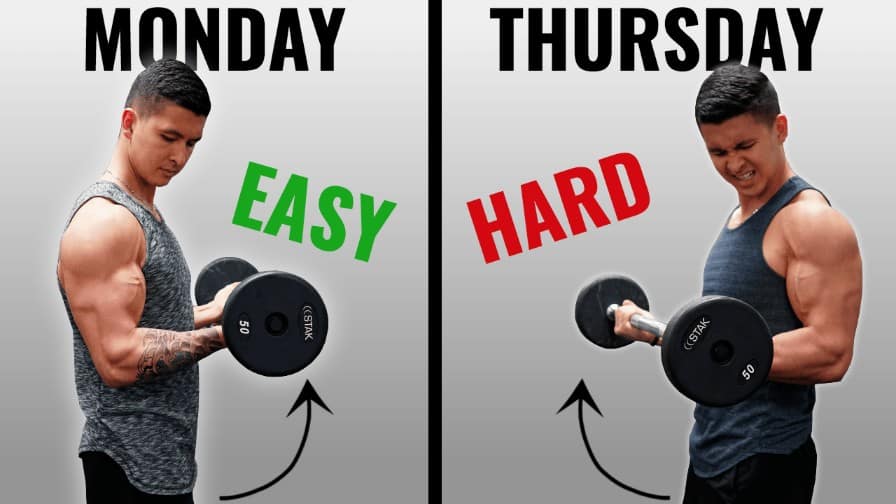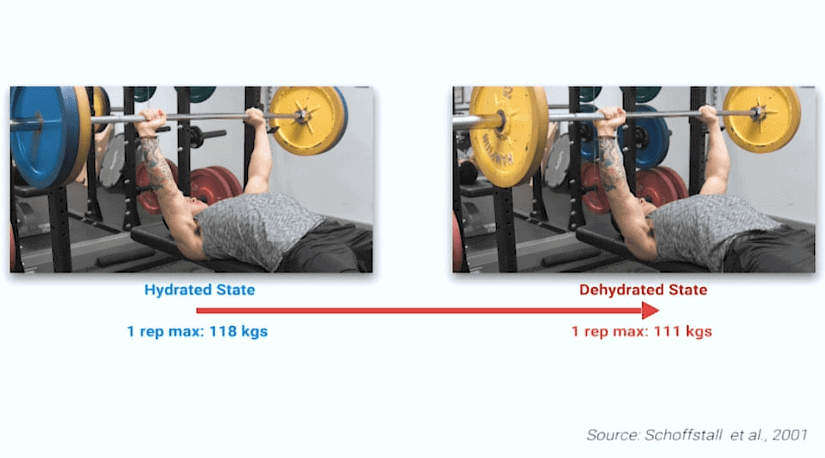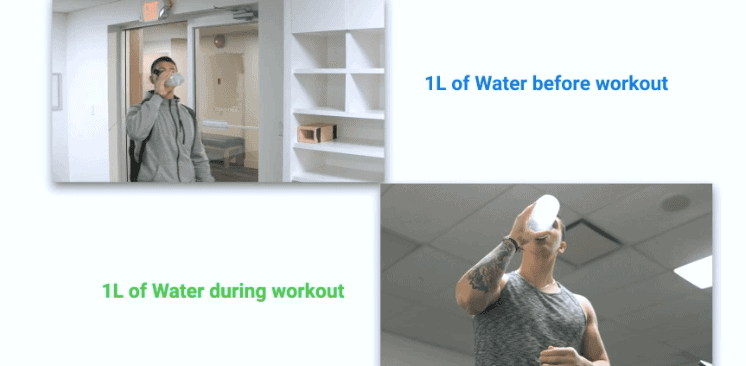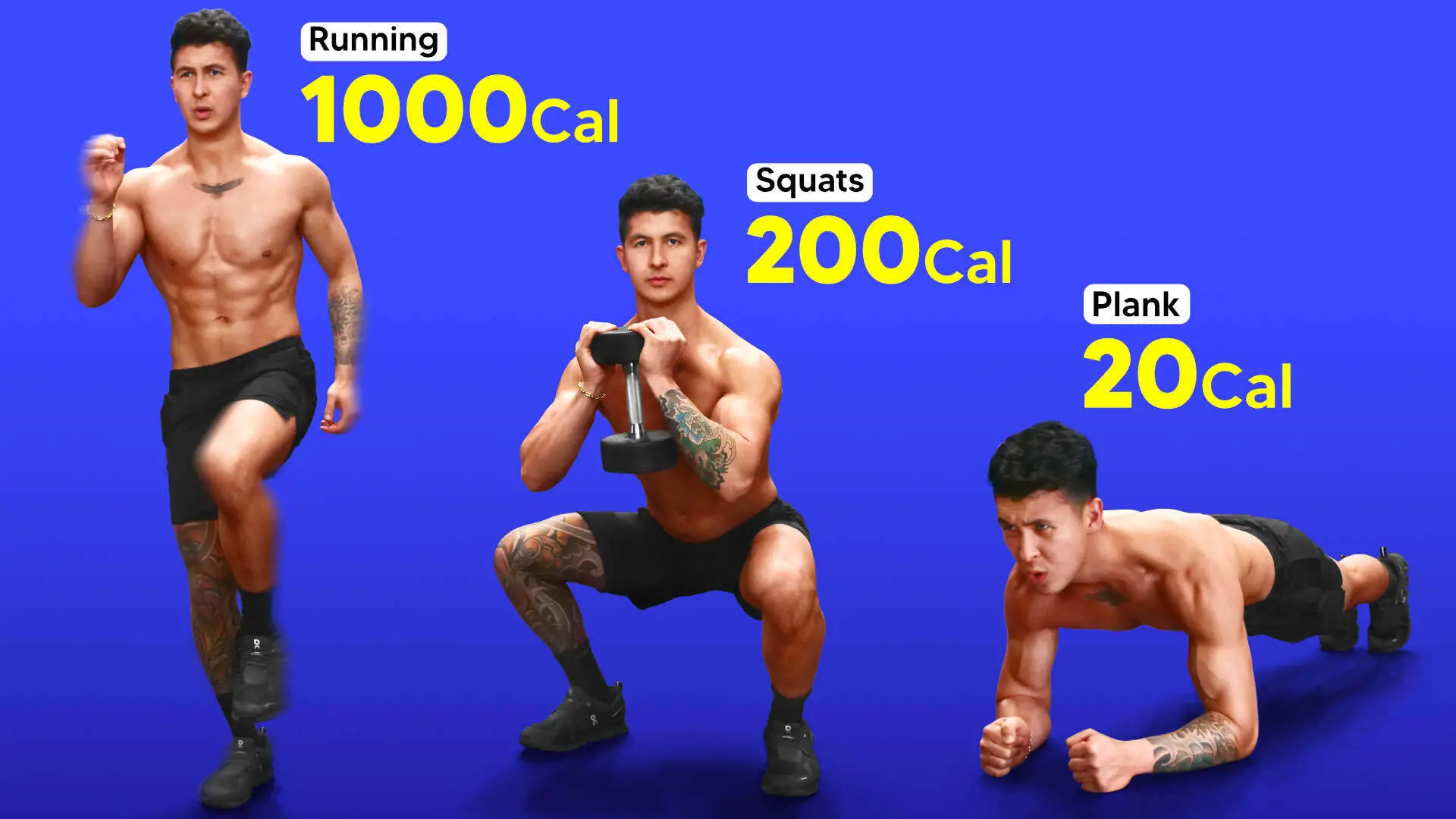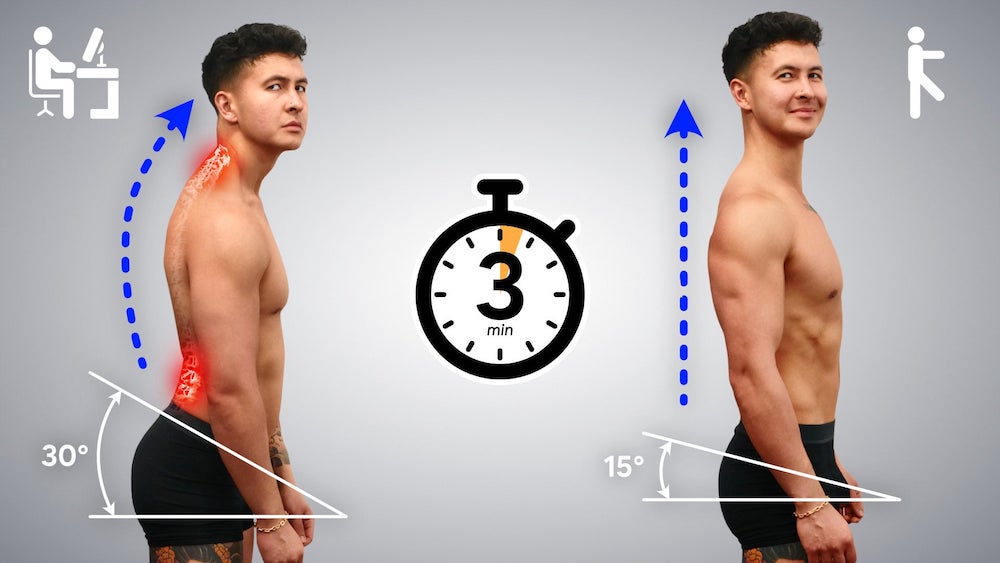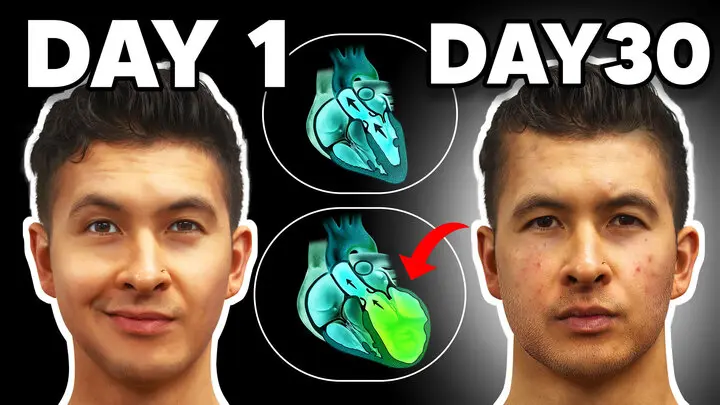Why You Feel Weaker Some Days (And How To Fix It!)
Do you have some workouts that are better than others? Here's why that may be.
We all have days where our workouts feel great, where the weights feel light and you're able to lift more weight and do more reps than usual.
On the contrary though, I think we can all relate to workout days where the weights just feel heavier than normal. Making it a struggle to hit the numbers that you normally do.
Well, rather than just dismissing it as a bad workout OR assuming that you’ve lost muscle mass...
Realize that there’s a few reasons that research has indicated may help explain why the workout you’ve been doing suddenly felt harder.
And by acknowledging these factors, you’ll be able to consistently have better workouts and therefore make better progress.
Looking for a training program that'll take care of these factors - so you avoid making these training mistakes in the first place? I've got just the thing for you. I’ve designed every program of mine to be an all-in-one, science-based process that’ll get you to your dream physique FAST. For more information:
Click the button below to take my analysis quiz to discover the best program for you:
↓
1) Hydration
Ensuring that your body is adequately hydrated before and during your workout is essential in order to maximize your performance.
Research has shown that decrements in physical performance, including reduced motivation and increased perceived effort, have been observed with dehydration as little as 2%.
In fact, this 2001 paper from the Journal of Strength and Conditioning Research illustrates the significance of this quite well:
The researchers took weight-trained males and had them perform their 1 rep max of the bench press while they were well hydrated. They were able to lift an average 1RM of 118 kgs when adequately hydrated.
They then had subjects repeat this while in a mildly dehydrated state. Their resulting 1 rep max decreased by 7 kilograms - they were now only able to lift an average 1RM of 111 kgs!
Then, they re-hydrated the subjects and they were now able to more or less perform what they could initially (117 kgs).
Simply meaning that hydration plays a vital role on how well your body is able to perform AND how difficult your workout feels.
How Much Water Should You Drink?
Although the amount of water you should drink daily depends on a variety of factors, for a baseline number I’d stick with the Institute of Medicine’s recommendation:
Aim to drink roughly a gallon of water a day for men and ¾ of a gallon for women.
*Note that for active individuals or those living in hotter climates, the recommendation will be quite a bit higher.
More importantly though, to maximize your workout performance, you want to intake a good portion of this before and during your workout.
What I personally do and recommend is simply drink a litre of water prior to your workout AND another litre throughout your workout. This should be done regardless of how much you’ve already had throughout the day.
Doing so will just help ensure that your body is adequately hydrated for your workout.
2) Sleep
Next, you’ll want to ensure that you’re getting adequate sleep if you want your body to perform at its best.
Similar to dehydration, multiple studies have found that being sleep-deprived causes the body to give up when it would otherwise normally be physically capable of pushing further.
This inevitably in a decrease in the number of sets and reps you’re able to perform in a training session - especially with compound movements. Which might explain why your workout felt tougher if you’ve been running on little sleep.
What If I Just Can't Get Enough Sleep?
But, if you’re unable to get the recommended 7 to 9 or so hours of sleep a night, then you do have a couple options...
Option 1: Avoid Workout Out During Extended Wake Times
One option is to avoid working out after an extended wake time.
What I mean is that if you’re going to be running on little sleep and waking up at 5 in the morning for example...
...then research has indicated that working out in the evening when you’ve been awake for over twelve hours will likely lead to decrements in performance.
Therefore, try to work out before your wake time extends considerably if at all possible. For instance, aiming to get your workout done before 5 pm if you've been awake since 5 am.
Option 2: Caffeine!
Another option, which you may or may not already do, is to simply ingest caffeine prior to your workout.
As I've explained with my pre-workout research, this has been proven to restore your workout performance when you’re in a sleep deprived state.
Now obviously you don't want to become too reliant on caffeine to fuel every workout. So save it for days when you know you'll be quite sleep deprived and/or know you'll be working out during an extended wake time.
Wish to get more guidance on your nutrition? Our 3-on-1 coaching program can help. You are going to have a dietitian who'll customize your meals (plus supplements, where necessary!) to suit your training goals. Also, your coach and I will also be available to guide you every step of the way. If that sounds good to you, then:
Click the button below to find out more about the 3-on-1 coaching program:
↓
3) Food Intake
Next, if you’ve had a few days where you just haven’t been eating enough food, especially carbs, then your workouts are likely going to suffer. Which is mainly due to the lack of glycogen in your muscles.
A study from the Journal of Strength and Conditioning Research helps put this into perspective:
The researchers had weight trained subjects perform as many reps as possible with the barbell squat under normal conditions.
Then, they ran the subjects through a glycogen depletion protocol by limiting their carb intake for two days prior to re-testing.
When re-tested in a glycogen depleted state, they found that there was a significant decrease in the average total number of repetitions they could complete during the squat when compared to their normal performance.
In fact, during set 1 they performed 6 reps less and during set 2 they performed 3 reps less when compared to their normal condition.
So what can you do to prevent this?
Be Consistent With Your Calorie/Carb Intake!
Obviously to prevent this you’ll want to be more consistent with ingesting adequate carbs and enough food in general in order to fuel your workouts.
The ideal amount will depend on your goals and various other factors. I’d highly suggest heading over to my science-based diet articles for building muscle and/or losing fat. These will guide you through how to set up your nutrition with various meal examples.
Concluding Remarks
To sum up the article for you, here's the TLDR;
- Stay adequately hydrated. Even slight dehydration can impair performance. Drink at least ~1 litre of water soon before your workout and another litre during your workout.
- Get enough sleep (~7-9 hours). If you’re going to workout sleep deprived, try not to do so after an extended wake time and/or ingest caffeine before your workout.
- Be consistent with your nutrition and intake adequate calories + carbs. A few days of eating much less than normal (especially carbs) can negatively impact your performance.
I'll be honest though, there are many other possible factors that can affect your workout. Stress, motivation, training partners, and so on are all potential variables that can increase/decrease your gym performance.
But, the three mentioned in this article typically have the biggest impact and are therefore vital you acknowledge in order to prevent them from hindering your performance. Doing so is going to enable you to have more good workouts and therefore speed up your overall progress.
Now, if you're looking for a workout and nutrition plan that combines all the research I do into a step-by-step program...
...such that you can transform your body as efficiently as possible from your starting point AND maximize your efforts in the gym...
Then join the thousands of other members today by taking my starting point quiz I have up in order to discover which program and which approach is best for you:
Click the button below to take my analysis quiz to discover the best program for you:
↓
Anyways, that’s it for this article – hope you enjoyed it and found it useful! Don’t forget to give me a follow and connect with me on Instagram, Facebook, and Youtube as well to stay updated with my content. Cheers!

